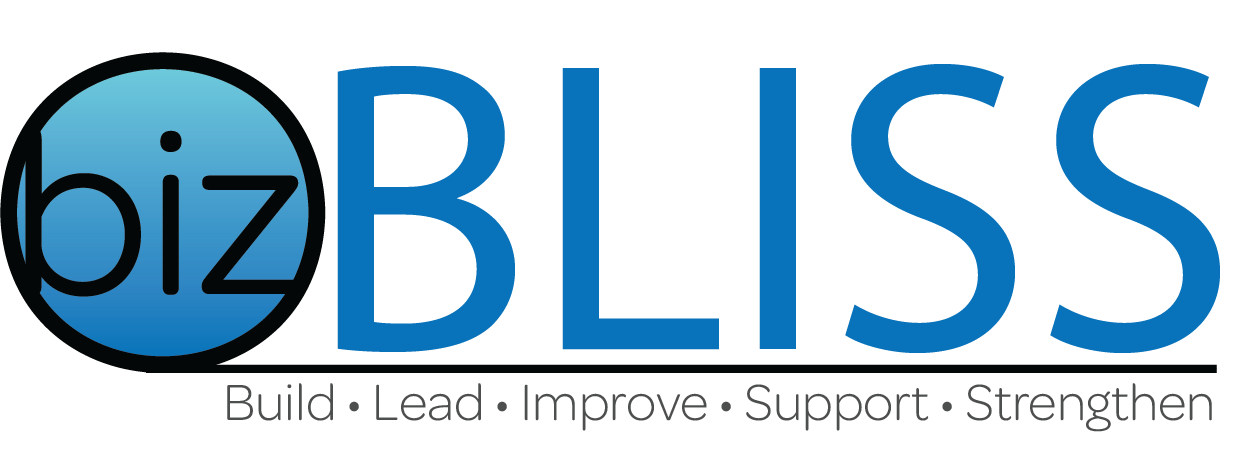The Importance of Knowledge Transfer in Small Businesses

Small businesses are the backbone of the economy, accounting for over 99% of all businesses in the United States. They play a crucial role in job creation, innovation, and community development. However, many small businesses struggle with the challenge of transitioning ownership or leadership. According to a study by the Small Business Administration, only 30% of small businesses successfully transition to the second generation, and even fewer make it to the third generation. One of the key factors in a successful business transition is knowledge transfer. In this article, we will discuss the importance of knowledge sharing in small business knowledge transfer and provide tips for a successful transition.

The importance of knowledge sharing in a small business is often underestimated. It is not just about passing on technical skills or business strategies. It’s about transferring the essence of the business, its culture, values, and relationships with customers and suppliers. This knowledge is often tacit and deeply embedded in the business owner’s mind, making it difficult to articulate and transfer.
Knowledge sharing is the process of transferring knowledge from one person or group to another. In the context of small business knowledge transfer, it refers to the transfer of knowledge from the current owner or leader to the successor. This knowledge includes not only technical skills and expertise but also the business’s culture, values, and relationships with customers and suppliers.
One of the main reasons why small businesses struggle with knowledge transfer is the lack of a formal process for sharing knowledge. In many cases, the current owner or leader is the only one with the necessary knowledge and expertise, and they may not have a plan in place for passing it on to the next generation. This can lead to a loss of critical knowledge and skills, which can have a significant impact on the business’s success. Moreover, the absence of a structured knowledge transfer process can lead to confusion, misunderstandings, and inefficiencies, further hampering the business transition.
The importance of knowledge sharing in small business knowledge transfer

by Markus Winkler (https://unsplash.com/@markuswinkler)
Start early and have a plan in place
The key to a successful business transition is to start early and have a plan in place. Ideally, the process of knowledge transfer should begin at least five years before the planned transition. This will give the successor enough time to learn and absorb the necessary knowledge and skills gradually. It will also allow the current owner or leader to identify any gaps in the successor’s knowledge and provide training or mentorship to fill those gaps.
Having a plan in place is crucial for a smooth transition. The plan should outline the key areas of knowledge that need to be transferred, the timeline for the transfer, and the methods that will be used for knowledge sharing. It should also include contingency plans in case of unexpected events, such as the current owner’s sudden illness or death. Furthermore, the plan should be flexible and adaptable, allowing for adjustments as the transition progresses and new challenges arise.
Use a variety of methods for knowledge sharing
There are various methods for sharing knowledge, and it is essential to use a combination of these methods for a successful business transition. Different methods cater to different learning styles and can help ensure that the successor fully understands and absorbs the knowledge. Moreover, using a variety of methods can help keep the learning process engaging and prevent it from becoming monotonous.
Some of the most effective methods include:
- On-the-job training: This involves the successor shadowing the current owner or leader and learning through observation and hands-on experience. This method allows the successor to gain practical experience and understand the nuances of the business operations.
- Mentoring: A mentorship program can be set up where the current owner or leader provides guidance and support to the successor. This can be an invaluable source of wisdom and advice, helping the successor navigate the challenges of running the business.
- Documentation: Important processes, procedures, and best practices should be documented to ensure that they are not lost during the transition. Documentation serves as a reference guide for the successor and can be updated as the business evolves.
- Workshops and seminars: These can be used to train the successor on specific skills or knowledge areas. They provide a structured learning environment and can be tailored to the successor’s needs.
- Networking: The successor should be encouraged to attend industry events and conferences to build relationships and learn from other business owners. Networking can provide valuable insights and opportunities for collaboration.
Using a variety of methods will ensure that the successor receives a well-rounded education and is prepared to take on the responsibilities of running the business.
Involve key employees in the knowledge transfer process
In addition to the successor, it is essential to involve key employees in the knowledge transfer process. These employees have valuable knowledge and expertise that can be passed on to the successor. They can also provide a different perspective and help the successor understand the business from different angles.
Involving key employees in the knowledge transfer process also ensures that the business’s operations are not disrupted during the transition. It also helps to build trust and confidence in the successor among the employees, which is crucial for a smooth transition. Moreover, it fosters a sense of continuity and stability, reassuring employees that the business will continue to operate smoothly under the new leadership.
Communicate openly and regularly
Communication is key in any business transition, and this is especially true when it comes to knowledge transfer. The current owner or leader should communicate openly and regularly with the successor, providing feedback and guidance as needed. This will help the successor understand their progress and identify areas for improvement.
Regular communication also helps to build a strong relationship between the current owner or leader and the successor. This relationship is crucial for a successful transition, as it allows for open and honest discussions about the business’s future. It also helps to align expectations and ensure that both parties are on the same page regarding the transition process and the future direction of the business.
Consider using technology
Technology can be a valuable tool in knowledge transfer, especially for small businesses with limited resources. There are various software and tools available that can help with documentation, training, and communication. These tools can make the knowledge transfer process more efficient and effective, ensuring that critical knowledge is not lost during the transition. Moreover, technology can facilitate remote learning and collaboration, making the knowledge transfer process more flexible and accessible.

by Arnel Hasanovic (https://unsplash.com/@arnelhasanovic)
Conclusion
Small business knowledge transfer is a critical aspect of a successful business transition. It involves the transfer of knowledge and expertise from the current owner or leader to the successor. To ensure a smooth transition, it is essential to start early, have a plan in place, use a variety of methods for knowledge sharing, involve key employees, communicate openly and regularly, and consider using technology. By following these tips, small businesses can increase their chances of a successful transition and continue to thrive for generations to come. Furthermore, a successful knowledge transfer plan can help preserve the legacy of the business and ensure that its values and culture continue to guide its operations under the new leadership.
